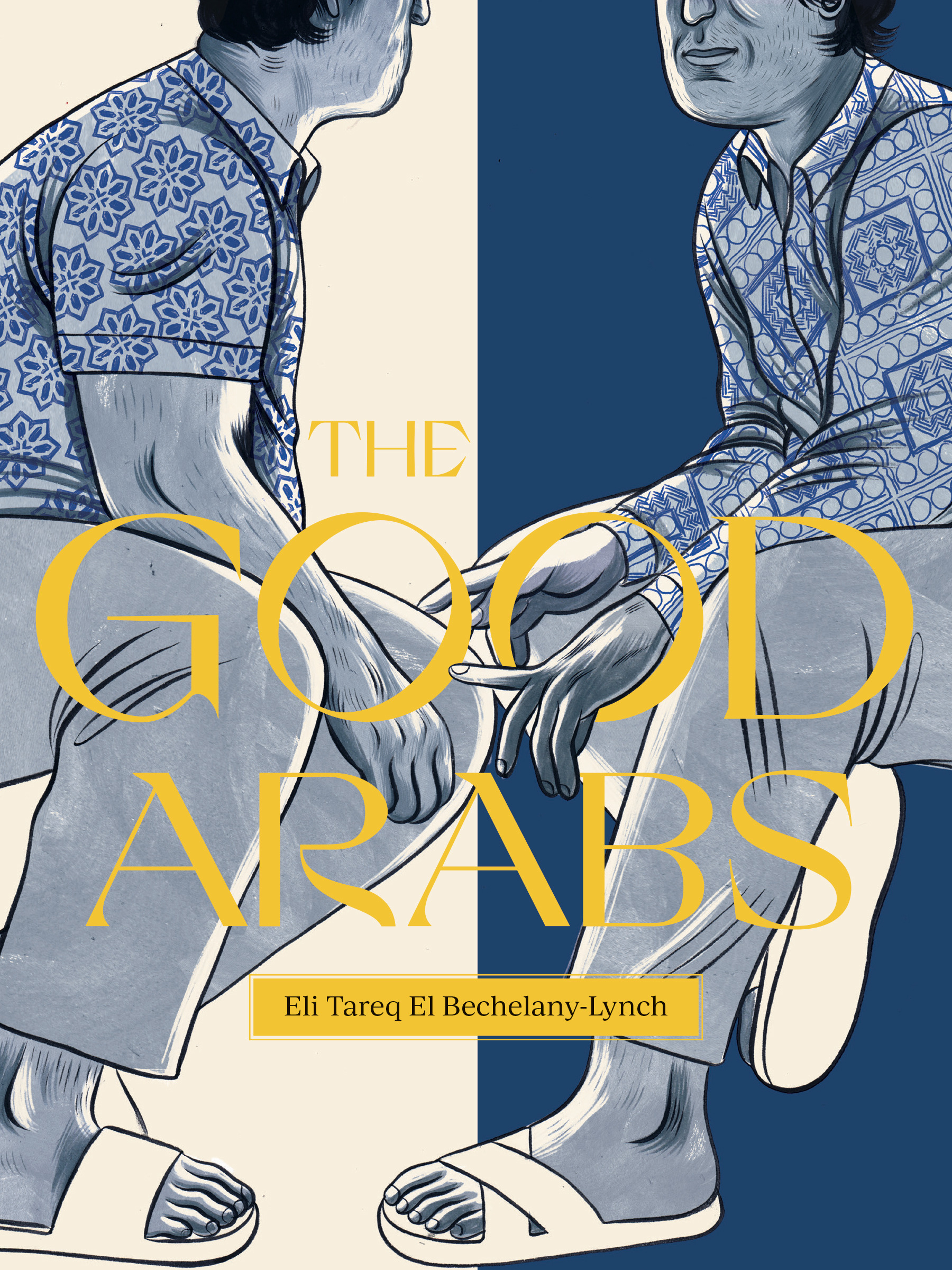Author: Eli Tareq El-Bechelany Lynch
Price: $9.99 CAD
ISBN: 9781777485207
Cover art by Lee Lai
Cover design by LOKI
- 208 pages
- Publication date: September 21, 2021
“Reading El Bechelany-Lynch, you are reminded to come with tenderness to the work of ordinary things so that something larger and more lasting can begin.”
—Canisia Lubrin, author of The Dyzgraphxst
“Everything about The Good Arabs is open-ended, curious, trying. El Bechelany-Lynch constructs a freeing poetic atmosphere, in which central concerns regarding spaces, family, tragedy, inheritance, and gender are swelling in the heat of each room.”
—Emily Mernin, Montreal Review of Books
“Eli Tareq El-Bechelany Lynch’s The Good Arabs is a map of what it means to be queer, to be trans, to be Arab: from the hope of revolution to the Lebanese garbage crisis, of whiteness and its weight, of public space and private space and of eating pumpkin seeds on a summer balcony when the power is out. Even at its heaviest, this is a collection that insists on joy and on embodiment, reminding us that resistance can look like shaking one’s hips to Nancy Ajram, too.”
—Zeyn Joukhadar, author of The Thirty Names of Night
